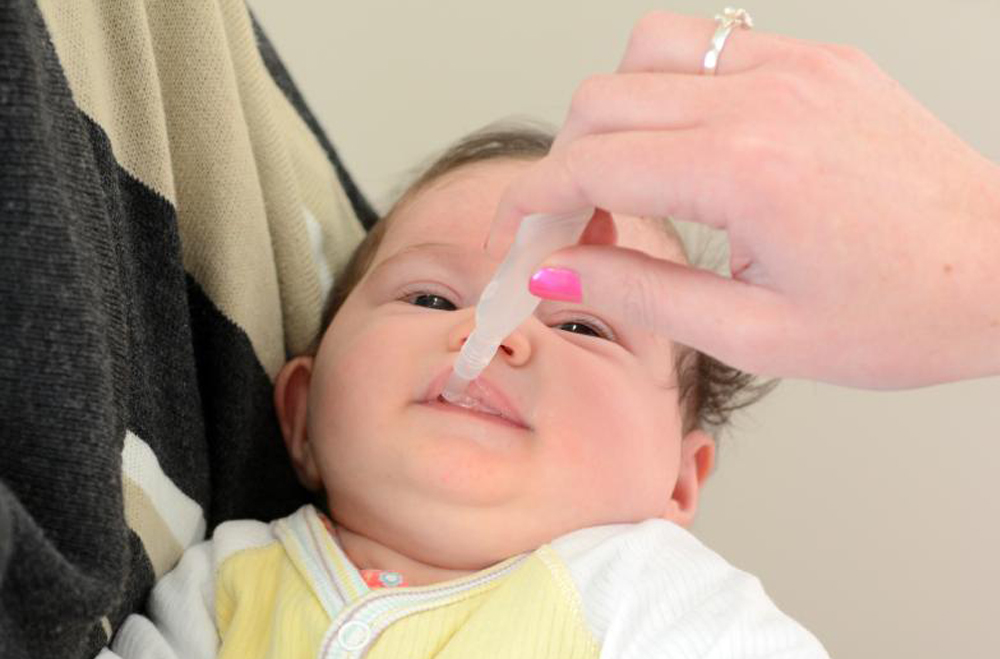Is your little one suffering from fever, nausea, vomiting and watery diarrhoea? They may have rotavirus infection, which is a leading cause of stomach flu. Prof Quak Seng Hock, head and senior consultant, Division of Paediatric Gastroenterology, Hepatology and Nutrition, National University Hospital, shares more about what you should do if your child has a rotavirus infection.
What is rotavirus?
Rotavirus is a common virus causing diarrhoeal disease in children. It was first discovered some 50 years ago in Australia. It is called rotavirus because of its wheel-like appearance under electron microscopy. Rotavirus diarrhoea is a communicable disease and spreads by the faecal-oral route.
What are the symptoms?
The symptoms include vomiting and watery diarrhoea, with or without fever. The good news is that your child’s condition will improve within a week.
However, the complications of diarrhoea and vomiting can be troublesome. Dehydration is a common side effect, and it can lead to mortality. Hence if your child is having diarrhoea, you must ensure they have adequate fluid intake. If this is not possible, seek medical help.
The first infection of rotavirus is the most serious and usually can lead to severe diarrhoea and dehydration. A child can have multiple episodes of rotavirus infections. However, the disease gets milder with every subsequent infection. Diarrhoea is not always caused by rotavirus – it is just one of the many agents that can cause diarrhoea.
How is it treated?
The main means of managing rotavirus diarrhoea is to prevent dehydration and manage complications related to dehydration, as water is lost from vomiting, watery diarrhoea and fever.
It is important to ensure that the child has enough fluid intake even at the initial stage when vomiting is more prominent, and you should feed them small amounts of fluid at frequent intervals. The best choice of fluid would be breast milk. Continue breastfeeding if the child is breastfed; if your child is on formula, continue to feed them this.
Oral rehydration fluid, which is a glucose electrolyte solution, can also be used to prevent and treat dehydration. In the event that the child is unable to retain any oral feeding, medical advice should be sought. In the hospital, oral feeding can be achieved by naso-gastric tube feeding and intravenous fluid infusion may be necessary. Anti-diarrhoea medications are not recommended. Certain probiotics can reduce the total duration of diarrhoea by about 24 hours.
How can I prevent rotavirus?
Giving the child a vaccine in early infancy can prevent rotavirus. There are two vaccines currently available. Both are taken orally in two to three doses at monthly intervals and should be completed before the child is six months of age. However, it should be noted that the vaccines do not totally prevent rotavirus infection. Children can still contract rotavirus infections but they are significantly milder after vaccination.
Professor Quak Seng Hock is the head and senior consultant, Division of Paediatric Gastroenterology, Hepatology and Nutrition, National University Hospital. He has been a paediatrician since 1979 and was the founder President of the College of Paediatrics and Child Health, Singapore. His special interests are in children with abdominal pain, diarrheal diseases and childhood cholestasis.
To learn more about other common childhood conditions, click here.



